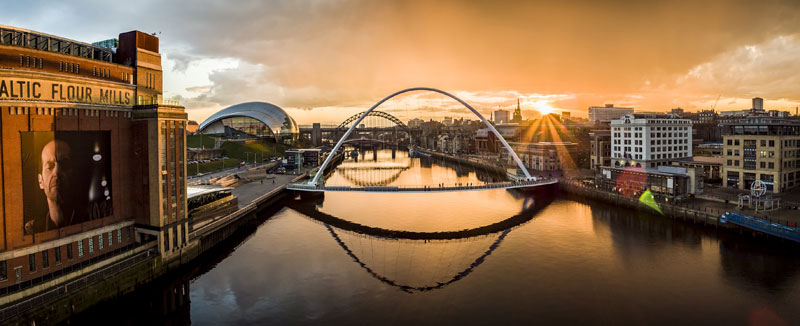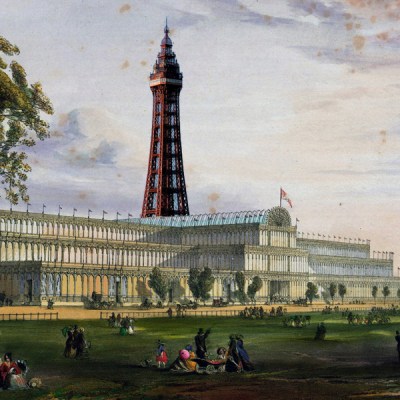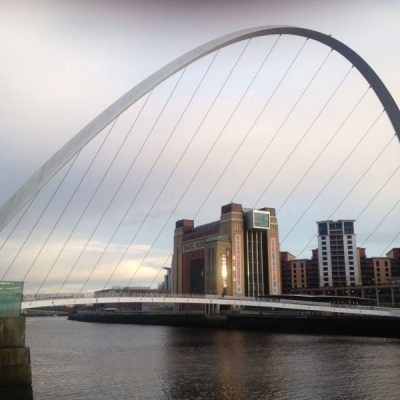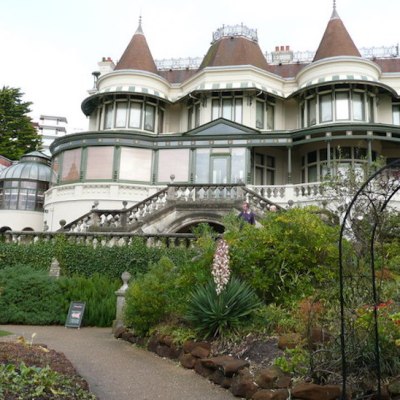Today’s announcement that the Great Exhibition of the North will be hosted by Newcastle and Gateshead in the summer of 2018 has been met with widespread excitement in the region. The George Osborne initiated project promises £5 million investment from central government and a further £15 million in legacy funding, to ‘showcase the dynamic arts, cultural and design scenes…across the whole of the North’. Emulating the Great Exhibition of 1851, civic leaders predict the project will be seen by three million people over a two-month period. The scheme, originally part of the former chancellor’s vision for a ‘northern powerhouse’, will have the overarching theme of ‘The Blazing World – The Fires of Invention’ and will connect artists, scientists and inventors to explore the ‘innovations of our time’.
The project comes at a timely moment for the region following the vote for Brexit. The last few years have been difficult for cultural organisations with an austerity agenda played out nationally that has hit the regions the hardest. With local authority investment diminishing and European funding potentially disappearing, many organisations have found themselves increasingly strained. While the finer details of Brexit are still to be worked through, what is clear is that the UK economy will suffer a bumpy ride in the short term with a knock-on effect for the Treasury, testing the government’s financial support for the arts. While projects such as the Great Exhibition are welcome, they shouldn’t disguise a shortfall in long-term investment. Big events make great headlines but they don’t ameliorate the recent museum and library closures that are seen by many in the culture sector as a direct consequence of cuts to local government funding.
The Sage, Gateshead. Photo: Graeme Peacock

Newcastle, like other places in the north east such as Sunderland and Middlesbrough, built its reputation on the back of shipbuilding and exporting goods globally. Middlesbrough houses the highest concentration of asylum seekers in the country. Gateshead’s BALTIC is a gallery any city in the world would be proud of, not to mention the countless artist-led and grassroots organisations active in the region. The North has always been internationalist and outward looking – it looks to Europe as much as it looks to the capital. As London becomes increasingly financially prohibitive to artists, it is regional cities that need to seize the opportunity to devolve power from London. While I’m excited to see the Great Exhibition of the North, I’m also looking forward to a moment when there isn’t the perception of a centre and a margin, of a north and south. London isn’t the cutting edge anymore; get over it.
Newcastle and Gateshead Quayside. Photo: Visit England




